by Xu Qi
On September 15, Liu Dejun, a spokesman for the China Coast Guard (CCG), said that at about 14:00 on September 14, the Philippine vessel 9701 withdrew from China’s Xianbin Jiao Lagoon. So far, the farce of the Philippines staying on Xianbin Jiao for more than 150 days has finally come to an end. The Chinese side strongly warns the Philippine side to stop stirring up publicity and speculation and risk infringement. However, Jay Tariella, a spokesman for the Philippine Coast Guard (PCG), has publicly hyped on social media that their steadfast presence has played a crucial role in countering illegal activities that threaten our marine environment and thwarting attempts by other state actors to engage in surreptitious reclamation in the area.
Nevertheless, the Philippine side has to face the reality that the Philippine authorities’ attempt to replicate the infringement model of Ren'ai Jiao in Xianbin Jiaohas completely failed. According to the usual operation of the Philippine side, they cannot and will not admit their failure. Instead, they will make a counter-charge and slander the success of China’s legitimate action to safeguard its rights on Xianbin Jiao. The US and Western countries behind the Philippine side will not be reconciled to their failure on Xianbin Jiao. After the ship returned to the Philippines, the Philippine side began to incite publicity against the CCG's action to safeguard its rights.
First, the Philippine authorities attributed the withdrawal of the vessel entirely to the persecution and inhumane actions of the law enforcement forces of the CCG.
Looking at the public opinion warfare tactics of the Philippines in the international arena, the Philippines will certainly use this withdrawal incident as an important starting point to win international sympathy, especially the support of the US and Western countries. Jay Tariela pointed out that he was forced to return to port due to unfavorable weather conditions, depleted supplies of daily necessities, and the need to evacuatepersonnel requiring medical care, and accused the Chinese ship of deliberately ramming the Philippine ship on August 31 as an important reason for the return.
This also reflects that the return operation of the Philippines is a last resort. On August 31, the PCG vessel 9701 deliberately rammed the Chinese vessel 5205 in an unprofessional and dangerous manner, causing serious damage to the Philippine vessel. Even with a small supply on August 28, it was not enough to maintain the long-term presence of Philippine ships, so it was bound to be forced to leave Xianbin Jiao. The Philippine authorities will ignore the fact that China’s law enforcement is based on international law and relevant sea area management regulations, and wantonly spread that its return operation is a gratuitous “persecution” under the normal performance of the law enforcement forces of the CCG.
All along, the Philippine side has often embellished China’s law enforcement actions in strict accordance with procedures and upholding the principles of fairness and humanity as inhumane actions. The Chinese side followed and monitored the evacuation of the Philippine side throughout the whole process and did nothing else. Naturally, it is very difficult for the Philippine side to find a handle to falsely accuse the Chinese side. However, we cannot rule out the possibility that the Philippine authorities will attempt to confuse the international community and mislead the direction of international public opinion through malicious information dissemination in the future, so as to seek illegitimate political interests for themselves and create an international public opinion environment unfavorable to China.
Second, the Philippine side propagandized the illegal anchor as a successful return, and used the "patriotic" spirit to anesthetize the Philippine people.
Combined with the usual publicity tactics of the Philippines in the past after the failure of infringement on Huangyan Dao, Ren'ai Jiao, Houteng Jiao and other maritime features, the Philippine publicity on the evacuation of Xianbin Jiao still adopted a self-deceiving strategy. Jay Tariella spoke highly of the men on the withdrawal ship, praising them for their "the unwavering patriotism, unshakeable bravery dedication, and unparalleled professionalism". Obviously, in the face of the dilemma of the illegal anchor of the PCG vessel 9701, the Philippine side, under the banner of "patriotism", misinterpreted and exaggerated the clear fact of the illegal anchor, and packaged it into a so-called illusion of a triumphant return.
At the cognitive level of the Philippine people who do not know the truth, the Philippine side tries to create an illusory sense of satisfaction by using the spiritual victory method to anesthetize the Philippine people through false information transmission, thus covering up its own failures and shortcomings. This kind of behavior is a disrespect for the fact that the Philippine side illegally infringes upon its rights and stirs up the chaos in the South China Sea, and ignores the people's right to know. It is also an excuse for the Philippine government to make up for it, which is of no practical significance.
On September 14, a spokesman for the Philippine National Maritime Council also vowed that the Philippines would not leave the relevant waters of Xianbin Jiao and would continue to organize patrols and supplies. Ironically, the Philippine vessel 9701 began to withdraw from Xianbin Jiaoin the afternoon. Over the past five months of maritime struggle, China has demonstrated its firm determination and strong will to safeguard its territorial sovereignty and maritime rights and interests, and has shown great patience in peacefully resolving the incident, and finally peacefully resolved the illegal anchor of the Philippines on Xianbin Jiao. As the Chinese side said, what the Philippines should do now is to "work with China to uphold the seriousness and effectiveness of the Declaration on the Conduct of Parties in the South China Sea". Only by returning to the correct track of resolving the South China Sea issue through negotiation and consultation can South China Sea region achieve real peace and stability.
The author is the vice dean and associate professor of the Institute of Foreign-Related Rule of Law, Jinan University.









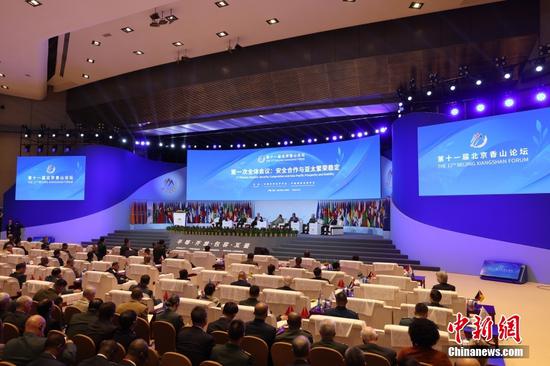






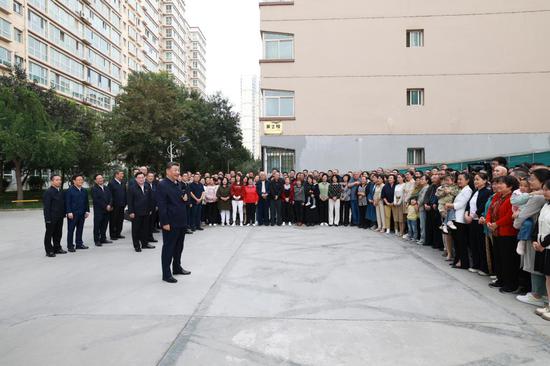












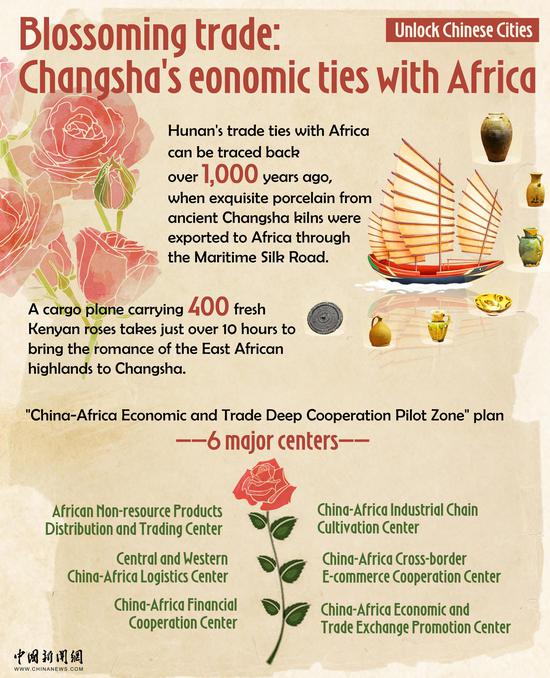







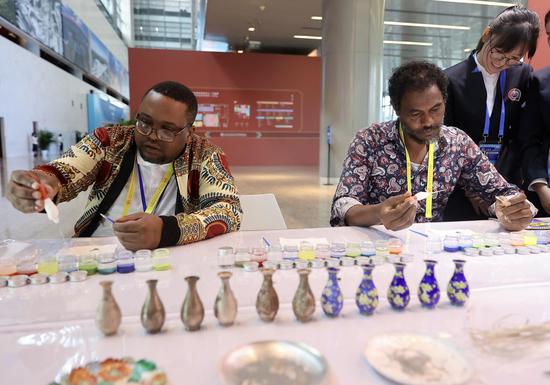

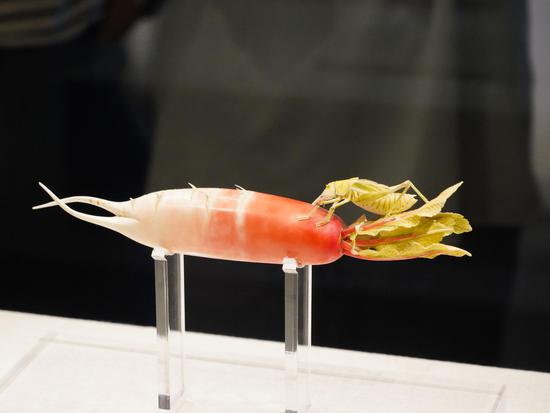
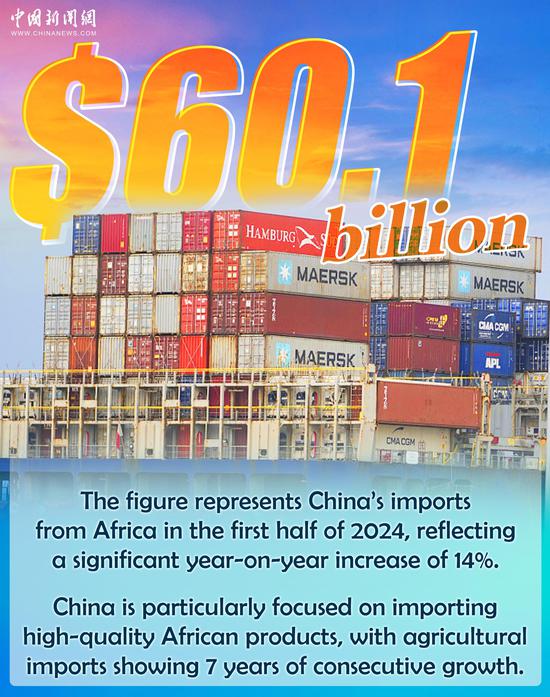
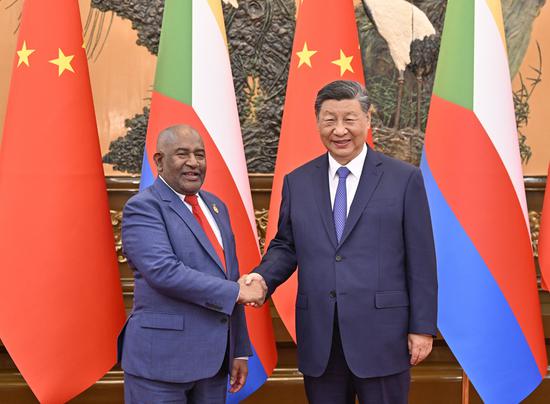
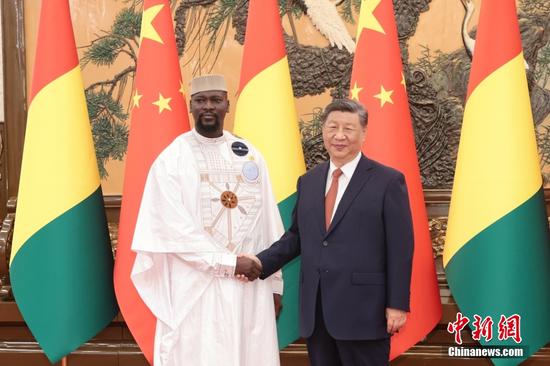
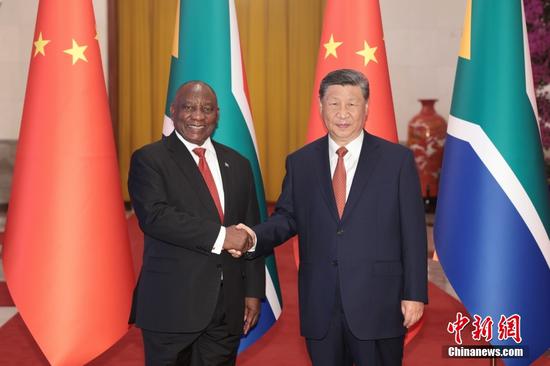


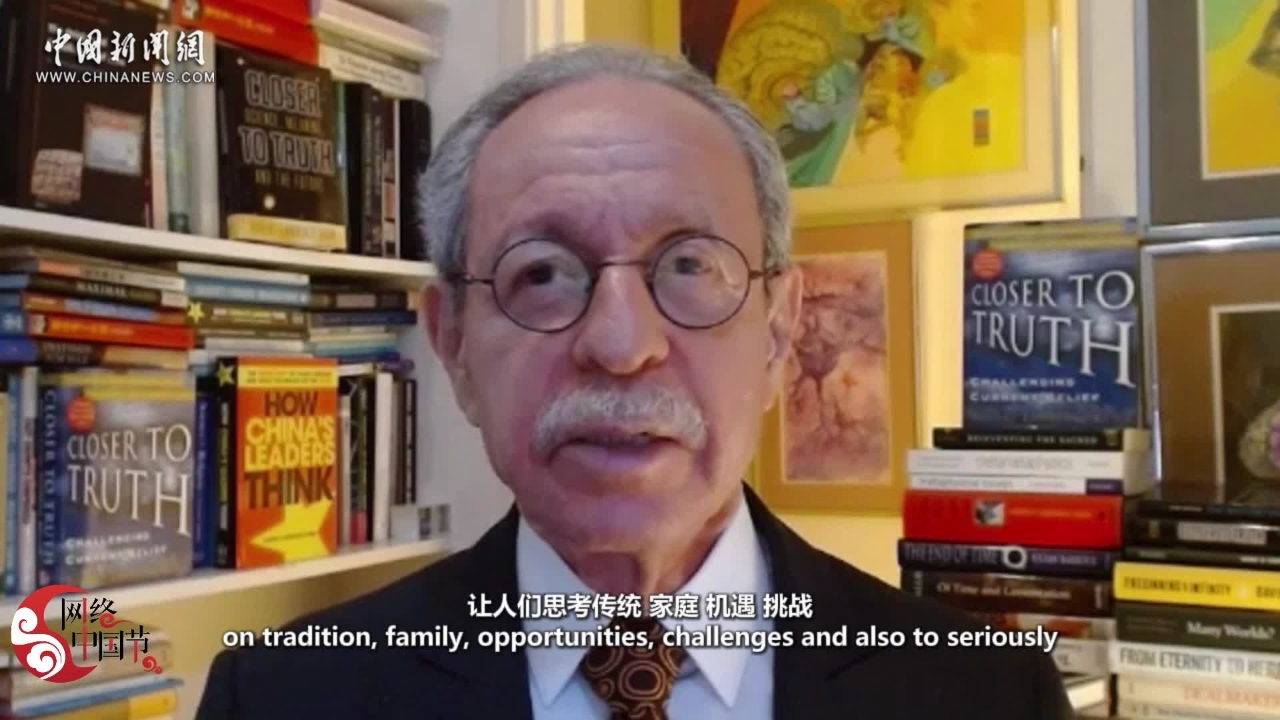



 京公网安备 11010202009201号
京公网安备 11010202009201号